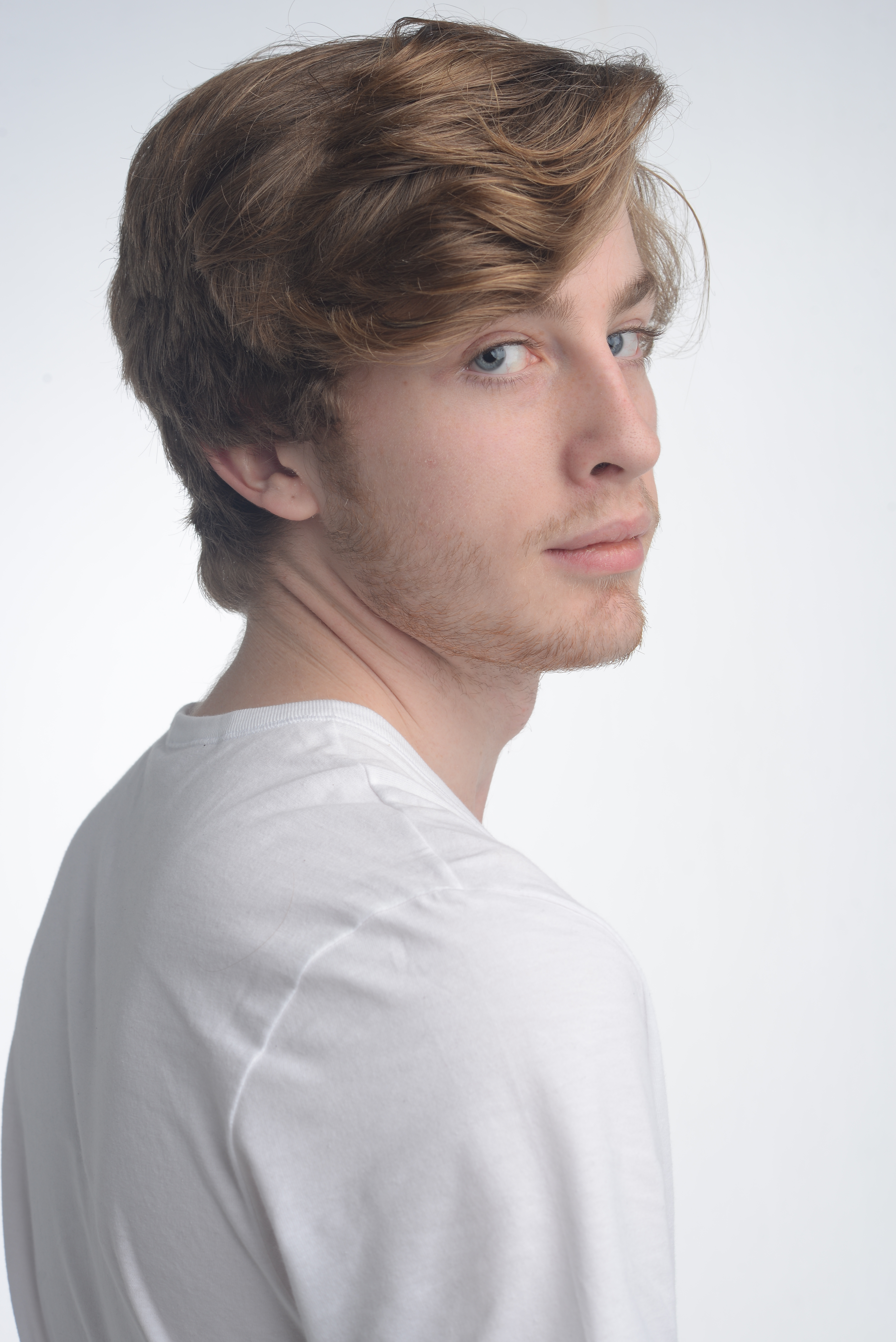
Elon Musk and the shrinking brigade of Twitter engineers said yesterday they were ready to leak the files on the suppression of freedom of speech over the past few years. Whilst we assume this will largely involve creators, public speakers and influencers the outcome of this tug of war has real implications for who you are and who you might be…
The digital space does not always reflect and promote authenticity. From filters on influencers to tiktok trends, we often fabricate and subjugate our online selves. Philosophically, Sartre’s existentialism pivots on a concept of authenticity of the individual. This must be a state of Being, a constant choice for the individual which they must take entire accountability for. If they do not, they are moving in ‘bad faith’ and cannot create values which lead to diminishing anguish and promoting freedom. Why does what Sartre wrote in the 50’s matter now?
The notion of Twitter as the ‘town square’ involves necessarily this state of Being for every individual that encounters the platform. This is what distinguishes it from other digital spaces. The individual is responsible for what they say, and if they remain authentic to this perpetuation of ‘good faith,’ then this should lead to each individual creating value through their actions: moving towards their own ideal of freedom. This encapsulates the existentialist term: ‘freedom of self.’ The only boundary on free speech, on freedom itself, is when your ideals place any limit whatsoever on my right to explore this freedom. In any case, Sartre argues there is no bounds to freedom, so free-speech must be limitless.
In the case of many users who were removed for seemingly innocuous tweets this makes sense. These margins are usually more slim, like in the case of Ye – who we all know tweeted this:

de Beaviour was Sartre’s lover, who offered a rebuttal to this no-bound limit to freedom of expression. She too aligned with the Existential ideology that we must create our own values and meaning in a world that is devoid of both, yet offers us a twist to freedom-of-self. de Beaviour makes the case that where our freedom of expression directly impacts others’, then this is not promoting freedom in its totality. This makes the case for generally marginalised groups, as Ye’s voice and its global audience clearly has more likelihood to inhibit freedom than if any other guy from Chicago said it.
She makes a good point.

Why does any of this matter to you? Well, we are witnessing a very public redrawing of the lines in the sand. No matter where you think the line should be drawn, there is no universally recognised answer. Should Ye have been banned in the first place? Should he have been reinstated? No matter what you think, he has been. So Elon has taken a freedom-of-self stance on the subject of free speech. So for you?
That means freedom of discussion. Freedom of thought. Freedom of choice. Hopefully. Whilst the encroaching technocracy seems to be impending on the individual’s choices specifically in the digital sphere, this appears to be a win. I say appears, a man living month to month can surely never understand a billionaire’s motivation for anything. From the absurd misinformation labelling throughout Covid of alternative narratives to the decline in belief in mainstream media, the digital space is only going to become more important in deciding the direction of the next decade.
Should we place enough good faith in others to genuinely believe they are speaking from a place of authenticity, rather than they are spreading hateful rhetoric? We are going to have to it looks like. Of course, not everyone deserves that benefit of the doubt but by definition there can be no bounds to freedom.
So to be able to express ourselves towards freedom promoting ends in an intentional and authentic manner replaces some of the trust in the everyday man that was taken away over the past few years. No matter where you draw the line on what can and cant be said, it at least appears that establishing the sovereignty of the individual as his own bookkeeper is the ideal. Secondarily, he should of course consult his immediate circles, or rationalise whether what he would like to say is likely to impact the freedom of others, as Ye probably should have. But with so much of our lives spent in the digital space, we need to ensure we are all maximising our authenticity there, promoting creation of values and perpetuating each other towards freedom.
If you enjoyed please consider subscribing so you don’t miss bi-weekly writings.
If you would like to contact me, please do so here:

Leave a comment